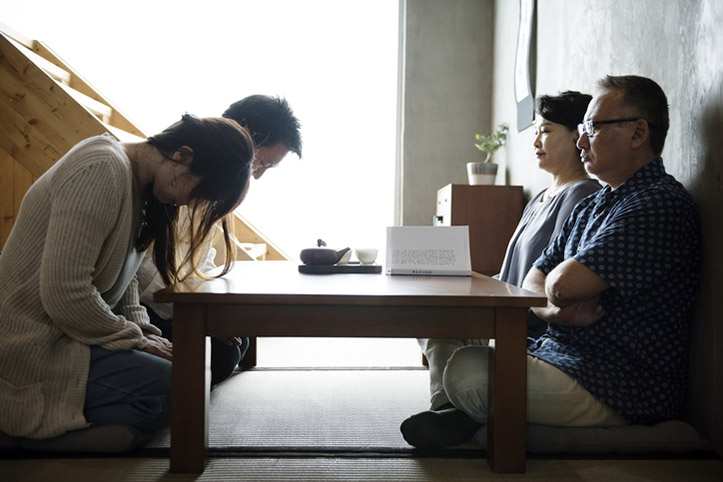One of the most important unwritten rules of first responders is, “Take care of yourself first, and then you can help others.” It’s why they tell us to put our air masks on first and help others when we fly in a plane. It’s why EMTs and Paramedics won’t enter a dangerous scene until it’s been cleared by the police. You can’t help someone if you aren’t okay yourself. The sentiment rings true in all aspects of life, though. You don’t need to be a first responder to prioritize yourself before you go out and help others, so how do you go about helping a family member who is an addict without losing sight of your well-being?
Addiction Is A Disease
There are plenty of people out there who think addicts are weak people who don’t have the discipline to quit. Those people lack empathy and medical license. According to the American Heart Association and the American Society of Addiction Disease, addiction (Substance Abuse Disorder) is a real disease. Like diabetes or cancer, addiction is caused by a combination of physical, environmental, psychological, and biological factors.
Showing Support
The biggest takeaway from all the googling I did was to keep a positive message. “We care about you, and we want you to get help.” This simple sentence shows you care and that you are there for them if they want it. You aren’t placing blame or shaming them into seeking help. You can expect them to deny the problem, avoid it, or even rationalize it all, but stand firm in your message of love, but they need help.
Remember that to help them; you also need to take care of yourself. Don’t try to have this conversation with an addict while they are actively high or drunk. You should also take precautions in case they get physical or violent. They might not have the best reaction to you having a conversation about seeking help with them. You should set boundaries. Whether the addict is a family member or a friend, you care about this person, and it can be hard to say no to them at times. Set boundaries that protect you, your home, your finances, and your relationship. You can be there for and love them, but you can also say no to them without feeling guilty.
Seeking Treatment For Addiction
In John Mulaney’s newest stand-up hour, he talks about his addiction and subsequent treatment. His friends held an intervention for him, and then he went to a residential treatment center. He talks about how he got his pills from doctors and drug dealers. And in a very grumpy comedian way, he begrudgingly thanks his friends for saving his life. Sometimes, holding an intervention and dropping someone off at rehab is all the help they need. They learn to walk the steps to fight their addiction.
Sometimes, it’s not so easy. It’s an uphill battle filled with begging or promises that they will change. All you can do is show love and be there for your friend or family member when they need help. But all treatment starts with a screening from a medical professional. Depending on how serious the substance abuse is, withdrawal can be very dangerous. But starting with the screening can be a first step to getting your loved one the help they need. Also, if your loved one does agree to seek treatment, you shouldn’t worry about finding the perfect program for them. Experts say that any program can lead to success if the person is willing to accept help.
Resources
There are plenty of resources out there that can help guide you to whatever substance abuse resources you may need. The Substance Abuse and Mental Health Services Administration is a great starting point. And if your loved one is experiencing a substance abuse emergency, call 911. Symptoms include loss of consciousness, seizures, suicidal tendencies, severe withdrawal symptoms such as confusion or severe trembling, and delirium.




